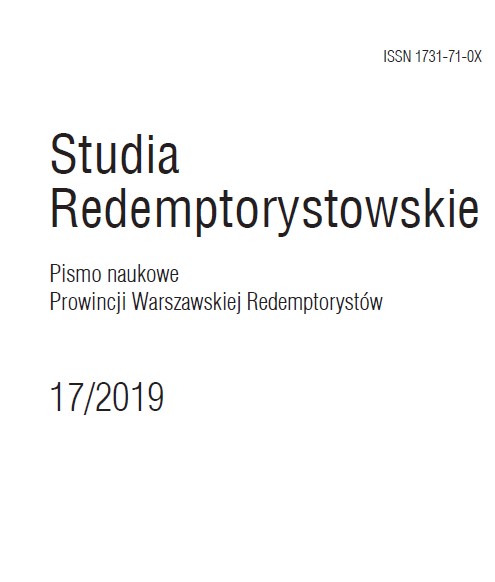Christian virtue and the free market. How is being poor the best way to prosperity?
Christian virtue and the free market. How is being poor the best way to prosperity?
Author(s): Mátyás SzalaySubject(s): Christian Theology and Religion, Ethics / Practical Philosophy, Socio-Economic Research, Sociology of Religion
Published by: Warszawska Prowincja Redemptorystów
Keywords: virtue; freedom; free market; poverty; Benedictines;
Summary/Abstract: I would like to challenge our general understanding of the ’free market’ on the basis of the ambiguity of the term ‘free’. The ambiguity stems from understanding the freedom of the market exclusively in terms of freedom from unnecessary regulations or restrictions imposed by the government, rather than the freedom of the person involved in economic transactions. This latter meaning of freedom is incomparably more fundamental than the first one that is usually affirmed. My main contention is the following: Christian virtues – and especially those affirmed by St. Benedict – contribute to a “free market” precisely by showing us new aspects of freedom. These features of liberty are not so much perceived as abstract forms by the reflective mind but are rather existentially lived through the embodied praxis of a Christian community. After a short analysis of the last pages of MacIntyre’s After virtue, I show the radical novelty in a Christian understanding of virtues. Relying on some of David Bentley Hart’s intuitions I point out four essential aspects in which market imposes its own principles and structure on human freedom. If the market is a kind of imposed metaphysics, how must the Christian, who is called to nothing less than theosis, show resistance to the market forces by, instead, growing in Christian virtues?
Journal: Studia Redemptorystowskie
- Issue Year: 2019
- Issue No: 17
- Page Range: 23-42
- Page Count: 20
- Language: English

